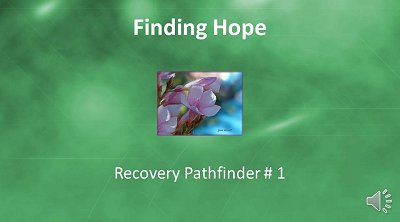
Stress is an inevitable part of life, shaping our experiences and reactions to various situations. Understanding how to manage stress effectively is essential for maintaining mental health and overall well-being. You can take practical steps toward less worry and more peace. At healthvista.net, you may find resources to help you identify the sources of your stress and adopt strategies to manage it effectively, ensuring you can navigate life’s challenges with resilience.
Unveiling the Sources of Stress
To manage stress effectively, you must first identify its roots. Work pressures, financial worries, relationship dynamics, and health concerns are everyday stressors. Work often seems to demand more than it rewards us, while economic issues may stem from unexpected expenses or limited income. Relationship stress might arise from misunderstandings or differing expectations among partners, family, or friends, while chronic health problems can create a constant source of anxiety. Recognizing these sources is the first step toward managing your stress.
Transforming Stress at Work
Work-related stress is a prevalent challenge that can significantly sap your energy and deteriorate your mental health. If your current role no longer brings satisfaction or the stress has become overwhelming, it might be time to think about changing careers. Transitioning into a field that better matches your interests can breathe new life into your professional endeavors. Pursuing an online doctoral program in education would enable you to complete your EdD degree while still managing your existing job and family responsibilities. A program such as this provides a feasible route to a career that offers new challenges and makes a substantial impact in the education sector.
Simplify and Prioritize Your Tasks
One of the most effective ways to reduce stress is by breaking down your tasks into manageable steps. Begin by prioritizing tasks based on urgency and importance. This method helps you focus on what needs to be done without becoming overwhelmed. By simplifying tasks, you allow yourself to approach each one with a clearer mind and a more focused intention, reducing the chaotic feeling of having too much on your plate.
Cultivate Your Support Network
Surrounding yourself with supportive relationships can be a significant stress reliever. Whether it’s friends, family, or support groups, having people to talk to and share your burdens with can lighten your emotional load. This network provides an outlet for your frustrations and different perspectives that might help you see solutions you hadn’t considered. Expressing your feelings and thoughts is therapeutic and can be incredibly relieving.
Set Boundaries to Protect Your Time
Learning to say no is an essential skill in managing stress. Overcommitting yourself can lead to a buildup of tension and, eventually, burnout. By setting clear boundaries, you teach others about your limits and protect your time and energy. This practice helps ensure you are not taking on more than you can handle, allowing you to give your best to each task without the pressure of an unmanageable schedule.
Engage in Enjoyable Activities
Investing time in hobbies and activities you love can significantly reduce stress. Whether reading, gardening, painting, or any other activity, doing what you enjoy can divert your mind from stressors and bring joy and satisfaction. These activities provide a break from routine and allow you to recharge, which is crucial for long-term stress management.
Focus on What You Can Control
A key aspect of stress reduction is focusing on what you can control and releasing things beyond your influence. Worrying about uncontrollable factors drains energy and increases anxiety. Concentrating on your actions and responses can empower you and reduce feelings of helplessness, minimizing stress.
By understanding the sources of your stress and implementing these strategies, you can create a more balanced and fulfilling life. Managing stress is not about eliminating it but learning to navigate it effectively. You can maintain your mental well-being and enjoy a richer, more rewarding life through proactive steps and a supportive environment. Take some practical steps toward less worry and more peace. Remember, every step you take in addressing your stressors is a move towards a healthier, happier you.
Blog #30 added July 30, 2024 by Guest Contributer Gwen Payne of invisiblemoms.com



